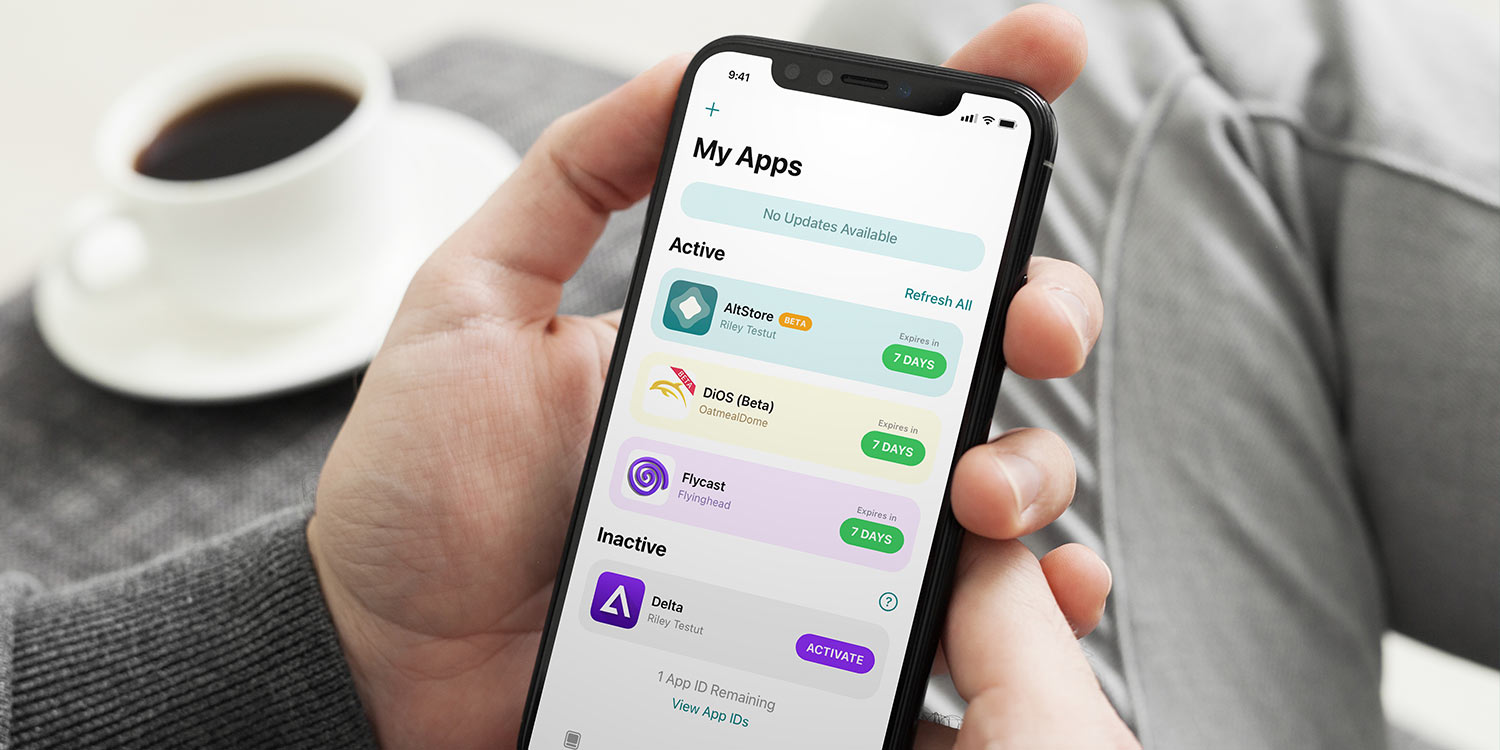Since the dawn of the App Store way back in 2008, Apple has kept a tight lid on app distribution for iPhone and iPad. Users can purchase apps through Apple’s own App Store, or… well, that’s it. With the exception of web apps, users have no other way to install apps and developers have no choice but to allow Apple a 15-30% cut of sales revenue.
But that may all change this year with the release of iOS 17, due to be revealed at WWDC in June ahead of a full public release in September. New EU directives and pressure from the US government could force Apple’s hand, with the latest Bloomberg report seemingly confirming the change.
Apple has always maintained that allowing third-party app stores or sideloading of apps downloaded from the internet would be a huge security and privacy risk for consumers. After all, the App Store has stringent rules in place to protect users and a review team that checks over every app before release. Installing unverified software from unknown developers is risky.
But macOS has long allowed users to make that choice themselves, with warnings but no outright restrictions on apps downloaded from the internet. Reportedly, Apple is looking into alternate verification processes to ensure users don’t inadvertently download malware even if they choose to venture beyond the App Store on iOS.
Currently, there are workarounds for ‘sideloading’ apps that aren’t available on the official App Store for one reason or another. The most notable is probably AltStore, which allows you to install apps Apple won’t allow on to the App Store, such as video game emulators, a clipboard manager, and a virtual machines host.
For more, see our interview with the creator of AltStore or our guide to getting started with sideloading.

